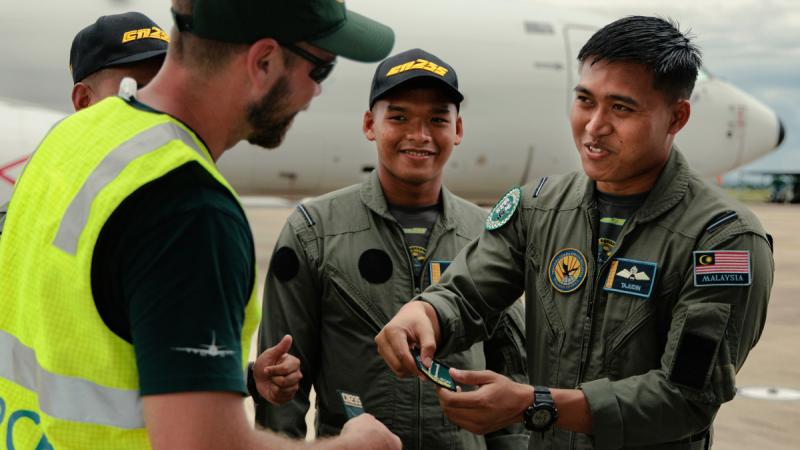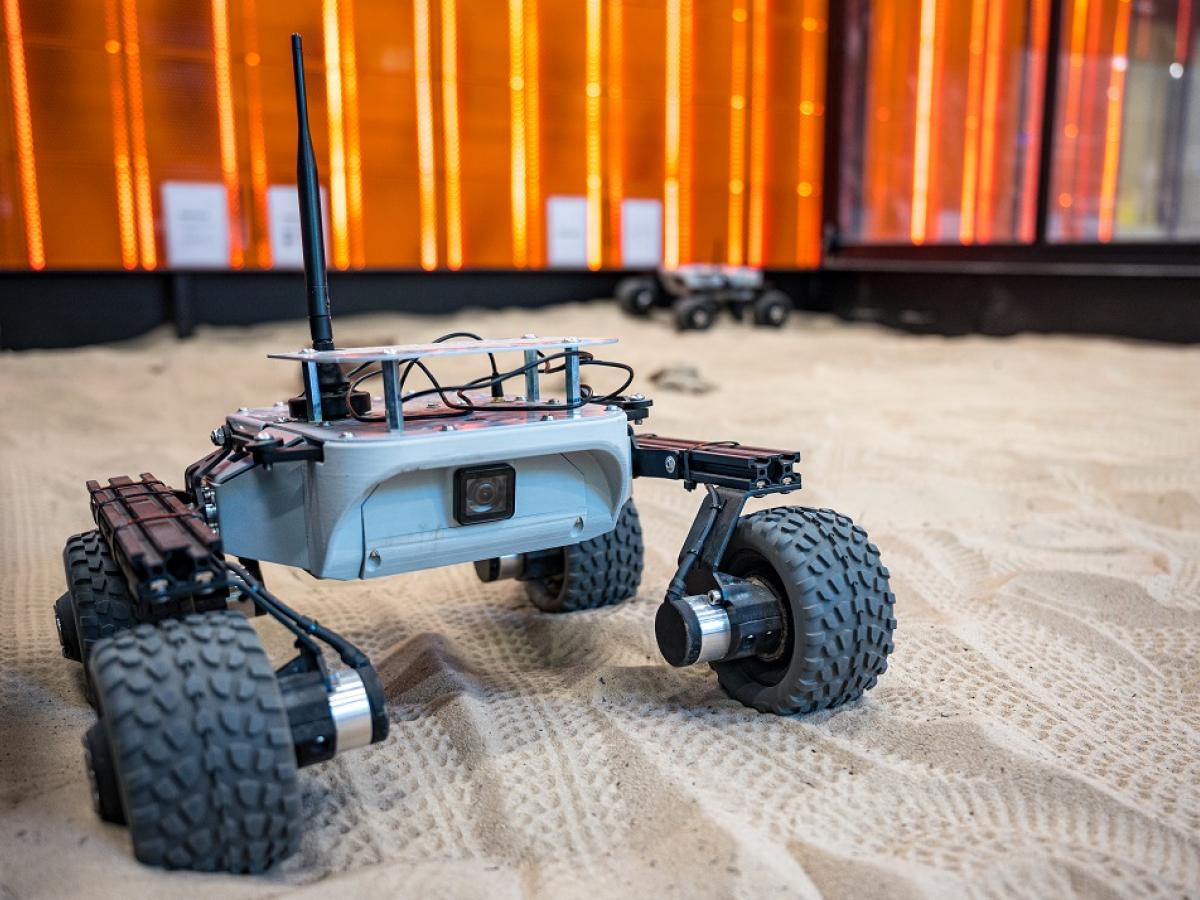Researchers from the South Australian immunoGENomics Cancer Institute (SAiGENCI), based at the University of Adelaide, have been awarded funding to further their work in prostate and pancreatic cancers.
Recipients Professor Lan Nguyen, Dr Mara Zeissig and Dr Michael Cilento have received the support from national charity Tour de Cure.
“I congratulate Professor Nguyen, Dr Zeissig and Dr Cilento for receiving this support from Tour de Cure,” said SAiGENCI Director Professor Christopher Sweeney.
“All three are leading the way in their respective areas to find new ways to predict cancer and treat it more effectively.”

Professor Nguyen, newly appointed Computational Systems Oncology Program Lead, will receive $50,000 to pioneer the use of advanced computer modelling in combination with Patient-Derived Explant (PDE) models to create prediction tools for personalised treatment in prostate cancer.
“Professor Nguyen’s project addresses the biggest challenge in cancer treatment – the uniqueness of each patient’s cancer and the development of tumour resistance – by leveraging the biological accuracy of PDE and the power of predictive computer models,” said Professor Sweeney.
“The goal is to develop clinical tools for physicians to aid complex decisions on patient treatment leading to improved outcomes for patients with prostate cancer.”

Tumour Inflammation and Immunotherapy program Group Leader Dr Zeissig has also received $50,000 as an early-career researcher.
“Her work tackles pancreatic cancer, the fourth highest cancer mortality in Australia,” said Professor Sweeney.
“About 90 per cent of pancreatic cancer is driven by mutations in the gene called KRAS, leading to uncontrolled tumour growth.
“By using advanced genetic techniques, Dr Zeissig hopes to uncover the underlying pathways that drive good responses from drugs targeting KRAS.
“The knowledge gained will enable the design of new treatment combinations to provide effective therapies with fewer side effects, leading to improved survival and quality of life for people with pancreatic cancer.”

Dr Cilento is a practising medical oncologist undertaking translational research as a PhD student, mentored by Professor Lisa Butler in the Resistance Prevention program. He has been awarded support valued at $10,000.
“Dr Cilento’s research focuses on metastatic prostate cancer that occurs in patients who relapse after initial curative-intent surgery or radiotherapy,” said Professor Butler.
“There is currently no standard method to predict relapse or progression to aggressive metastatic disease.
“With the support of Tour de Cure, Dr Cilento will leverage patient samples stored as part of the Australian Prostate Cancer BioResource (APCB) to conduct a comparative investigation, uncovering novel drivers and pathways.
“The knowledge gained from this project will further underpin design of new therapies to improve outcomes of those men who are more likely to develop aggressive prostate cancer.”








